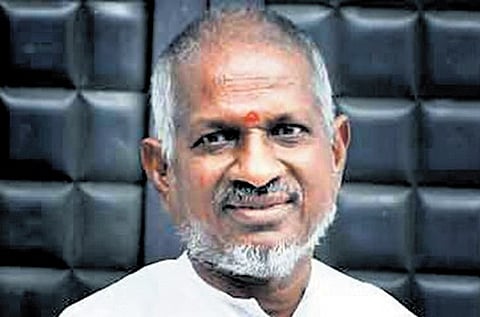

CHENNAI: Madras High Court judge Justice R Subramanian on Monday recused from hearing an appeal suit filed by Echo Recording Private Limited seeking to set aside an order of the court regarding a copyright dispute over the musical works of composer Ilayaraaja.
When the appeal came up for hearing before the bench, Justice Subramanian said he had appeared in the civil suit relating to this matter earlier while practising as a lawyer and so was not willing to hear it.
Subsequently, the bench directed the registry to place the records before the Chief Justice to assign the matter to some other bench.
Senior counsel Vijay Narayan appeared for the appellant, Echo Recording, which has challenged the second part of an order of Justice Anita Sumanth passed on June 4, 2019, on a suit filed by Ilayaraaja claiming absolute rights over his musical works and barring music companies from ‘exploiting’ his works.
The petition prayed for setting aside the part of the single judge’s order to the extent of the prayer granted to the plaintiff, stating he is entitled to special, moral rights regarding the musical works composed by him upon which the sound recordings in question are based, in line with Section 57 of the Copyright Act.
This entitles him to claim authorship of his work, take all steps to preserve the integrity and purity of his work honour and reputation and exploit such musical works in any manner as he may desire, only barring in the form of the connected sound recordings that are an integral part of the cinematograph films, for which the respective producers hold copyright, the appeal said.
It stated that such an order is contrary to Section 57 and Section 17 Proviso C of the Copyright Act as he had collected the remuneration for the musical work from various producers during his work as a composer. It further stated that moral rights differ from rights for synchronising musical works.